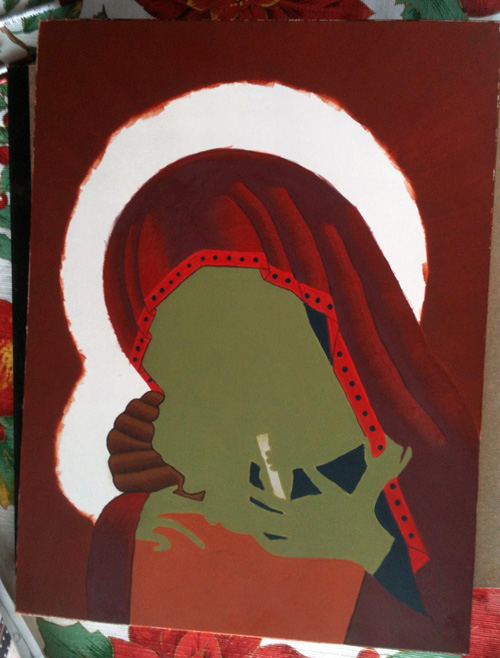Jesus: Jewish or Christian?

This is the last post in the #31days series, although this might technically be post #32, depending on whether or not you count the index post. You can find an index of all the 31 Days of Encountering Judaism here . Sometimes Christians forget Jesus was Jewish ... ... is Jewish ... ... and will be Jewish ... His words of wisdom have been compared to Hillel, the Jewish sage from 1 BCE, particularly in the area that loving God and loving your neighbor are paramount. His criticisms of those in the Temple, remind me of Jewish thought today: if it's a choice between keeping one of the commandments or saving a life, you save the life. And yes, some of his sayings are quite unJewish, like turning the other cheek and bread being his body... The question is for me, as a Christian: how do I pray to a Jewish Jesus? A Jesus that both called the Jewish people to repentance and to go back to the way God wanted things (to love God, love your neighbor) and radically saw Judaism movi...

